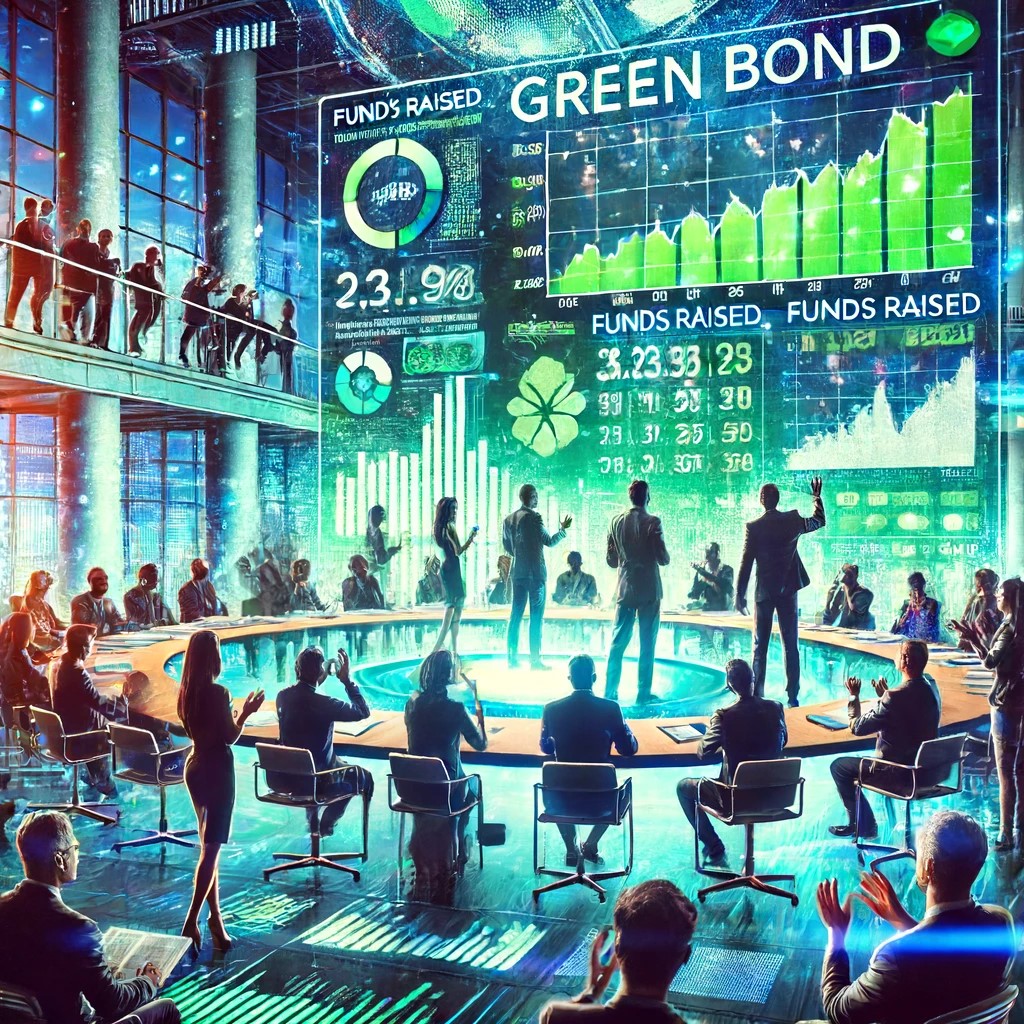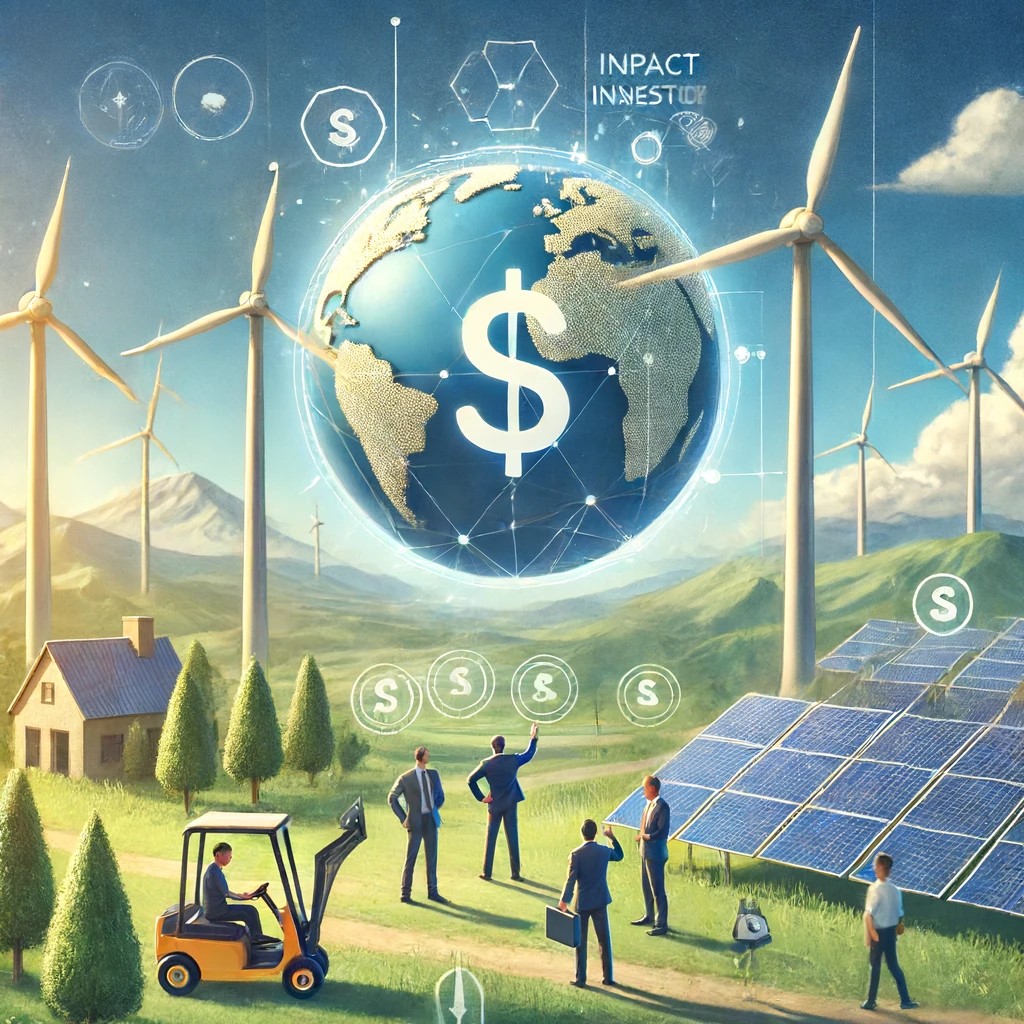Sustainable investing, once a niche corner of the financial world, has surged to the forefront as a mainstream strategy that combines investors' desire for profit with environmental stewardship. This dual focus not only aligns with a growing global commitment to ecological conservation but also taps into a strategic financial paradigm where sustainable practices often correlate with long-term profitability. This article explores the vibrant trends in sustainable investing and provides insights into its potential trajectory.

Current Trends in Sustainable Investing
1. Rise of ESG Criteria: The integration of Environmental, Social, and Governance (ESG) criteria into investment decisions has been one of the most significant trends in recent years. Investors increasingly rely on ESG scores to assess potential investments, favoring companies that minimize environmental risks and embrace governance that supports sustainability. Major investment funds, including BlackRock and Vanguard, now offer portfolios dominated by firms excelling in ESG metrics, indicating a robust shift toward responsible investment practices.
2. Green Bonds and Sustainable Funds: The issuance of green bonds has exploded, providing funding for renewable energy projects, energy-efficient buildings, and other environmentally friendly initiatives. These instruments not only meet investor demand for sustainable options but also often yield favorable returns compared to traditional bonds. Similarly, sustainable funds are designed to invest in projects and companies that contribute positively to the environment, with many showing resilience and competitive performance during market fluctuations.

Future Predictions for Sustainable Investing
1. Regulatory Support and Standards: As the market for sustainable investments grows, so too does the need for standardization and regulatory support. Future developments are likely to include more rigorous standards for what constitutes a sustainable investment and increased transparency in reporting ESG metrics. Such regulations will not only protect investors but also ensure that funds are genuinely contributing to environmental and social goals, enhancing the credibility and effectiveness of sustainable investments.
2. Technological Advancements in Evaluation: The use of advanced analytics, artificial intelligence, and big data is set to revolutionize how investors assess and manage ESG risks. These technologies will provide deeper insights into the environmental impact of investments and allow for more precise evaluation of company practices and their long-term sustainability.
3. Expansion in Emerging Markets: Sustainable investing is poised to expand significantly in emerging markets. As these economies grow, their potential for large-scale implementation of sustainable practices is enormous. Investments are likely to increase in sectors such as renewable energy, sustainable agriculture, and conservation projects, driven by both local and international investors.

Conclusion
Sustainable investing represents a profound shift in how we view the intersection of environment and finance. It reflects a growing recognition that economic activities are deeply intertwined with ecological and social health. As we move forward, sustainable investing is expected to become not just a preference but a fundamental aspect of global investment strategies, blending profitability with environmental responsibility. This transformative approach promises to redefine the principles of good business and good stewardship, ensuring a healthier planet and profitable portfolios.





